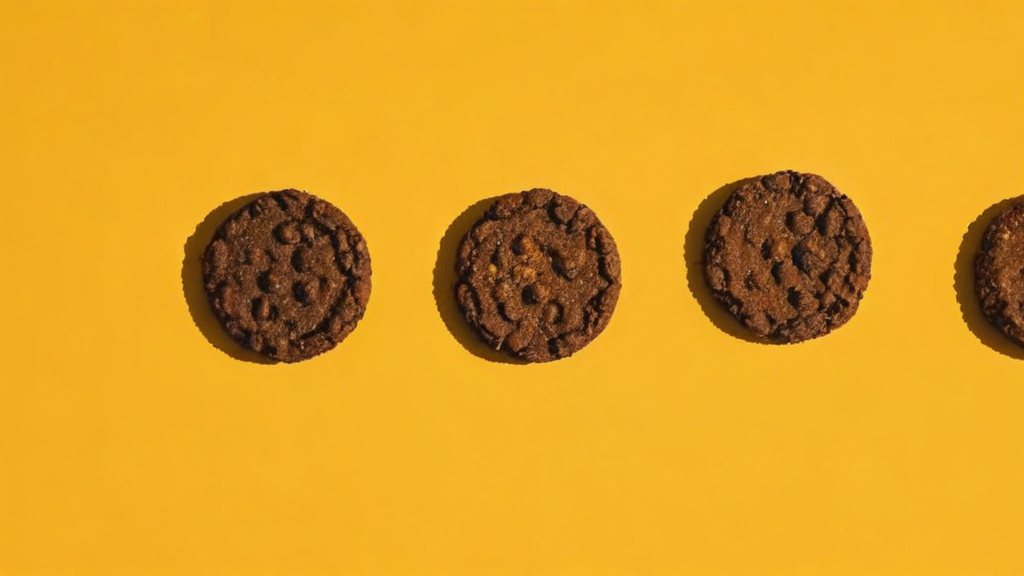Introduction
CBD Dosage: How Much Should You Take? We include products we think are beneficial for our readers. If you make a purchase through the links on this page, we may earn a small commission. Here’s our process.
Understanding CBD
Cannabidiol, or CBD, is one of the many active compounds found in the cannabis plant. Unlike THC, CBD is not psychoactive and does not produce a ‘high.’ Instead, it interacts with the body’s endocannabinoid system, which plays a role in regulating various bodily functions.
Research suggests that CBD may have several potential health benefits, including reducing anxiety and depression, improving sleep, relieving pain and inflammation, and even improving heart health. However, determining the right dosage of CBD can be challenging, as it is not currently regulated by the Food and Drug Administration (FDA) and there are no official recommendations.
Factors to Consider
Several factors come into play when determining the appropriate CBD dosage for an individual. These factors include:
1. Body Weight
Your body weight can influence the dosage of CBD that is right for you. Generally, individuals with higher body weights may require higher doses of CBD to experience the desired effects.
2. Condition Being Treated
The specific condition you are trying to treat with CBD can also impact the dosage. Some conditions may require higher doses, while others may require lower doses. It is important to consult with a healthcare professional to determine the appropriate dosage for your specific condition.
3. Individual Body Chemistry
Each person’s body chemistry is unique, and this can affect how they respond to CBD. Some individuals may be more sensitive to the effects of CBD and may require lower doses, while others may require higher doses to achieve the same results.
4. CBD Concentration
The concentration of CBD in the product you are using is another important factor to consider. Different products may have different concentrations of CBD, and this can impact the dosage. It is essential to carefully read the product label and follow the manufacturer’s instructions.
Determining the Right Dosage
Finding the right CBD dosage for you may require some trial and error. It is always best to start with a low dose and gradually increase it until you achieve the desired effects. Here are some general guidelines to consider:
1. Consult with a Healthcare Professional
Before starting CBD, it is important to consult with a healthcare professional, especially if you are currently taking any medications. They can provide guidance on the appropriate dosage and any potential interactions or risks.
2. Start with a Low Dosage
Begin with a low dosage of CBD and gradually increase it over time. This allows you to assess how your body responds to CBD and find the dosage that works best for you. It is recommended to start with a dosage of 20-40 mg per day.
3. Monitor Your Symptoms
Keep track of your symptoms and how they change with different dosages of CBD. This can help you determine the optimal dosage for your specific needs. Consider keeping a journal or using a notes app on your phone to record your experiences.
4. Gradually Increase the Dosage
If you find that your initial dosage is not providing the desired effects, you can gradually increase it. Increase the dosage by 5 mg every week until you achieve the desired results. Remember to monitor your symptoms and adjust the dosage accordingly.
Calculating Dosage
Calculating the dosage of CBD can be challenging, especially when using products like CBD oil. Here are some general guidelines to help you calculate the dosage:
1. CBD Gummies, Capsules, or Pills
Some CBD products, such as gummies, capsules, or pills, indicate the amount of CBD in a single serving. For example, a bottle of CBD capsules may contain 5 mg of CBD per capsule. Follow the instructions on the packaging to determine the appropriate dosage.
2. CBD Oil
CBD oil typically comes in a dropper bottle, and the packaging may specify the amount of CBD in a single drop. For example, a 10-mL bottle of CBD oil may contain 1,000 mg of CBD, with each drop containing approximately 5 mg of CBD. Use this information to calculate the number of drops needed to achieve your desired dosage.
Safety and Side Effects
CBD is generally considered safe, but it can cause side effects in some individuals. These side effects may include fatigue, diarrhea, changes in appetite, and changes in weight. If you experience any severe or persistent side effects, discontinue use and consult with a healthcare professional.
Conclusion
Determining the right CBD dosage for you is a personal process that requires careful consideration of various factors. It is important to consult with a healthcare professional, start with a low dosage, monitor your symptoms, and gradually increase the dosage as needed. Remember to choose high-quality CBD products from reputable brands and be aware of the legal regulations in your state. By following these guidelines, you can find the right CBD dosage that works best for you.
